Le Sserafim fans grab merchandise and go via Amazon Just Walk Out technology powered pop-up
Fans of South Korean girl group Le Sserafim were recently able to both buy merchandise and experience the joys of checkout-free shopping as a pop-up went live in Los Angeles in conjunction with Amazon Music.
This was powered by Amazon’s Just Walk Out technology.
In a LinkedIn post, Ary Esfahani, Head of Marketing, Music Merch at Amazon Music, said: “Long lines are a regular thing in the merch business, which can deter some fans altogether.”
“Last week, we brought Amazon's Just Walk Out technology to a merch pop-up in LA for Le Sserafim. Fans could quickly grab and go with the merch they wanted, and we had a little surprise at the end of the day with the artists onsite to meet fans. Proud of the team working hard to innovate the merch buying experience for fans.”
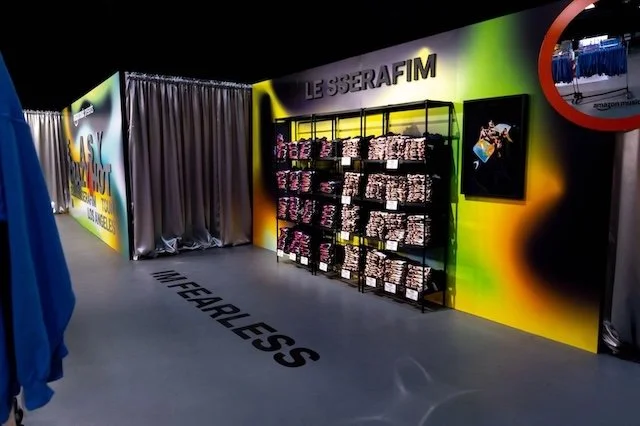
Farewell, Amazon Fresh!
Amazon is binning its ambitious Amazon Fresh experiment in the UK, just four years after the US online giant launched its first grocery store in London.
It is set to shutter its 19 Fresh stores, with plans to convert five of these into Whole Foods Market locations.
The first one opened in the UK during 2021 in Ealing, west London, powered by Just Walk Out technology.
The original target was a portfolio of more than 200 locations by the end of 2025. However, the concept failed to catch on in a notoriously competitive grocery retail space dominated by the likes of Tesco, Sainsbury’s, M&S, Co-op, and Asda.
Amazon did not say how many staff would be affected by the closures, but it does plan to offer workers new roles in other parts of the business. The comes amid a broader overhaul of its grocery retail strategy, with a stronger focus on Whole Foods.
In a LinkedIn post, retail analyst, Natalie Berg, said: “They came. They disrupted. They didn’t quite conquer. Why not? Because they underestimated the competition. The UK is one of the most competitive grocery markets in the world - which also makes it one of the most innovative. If Amazon was going to disrupt the status quo, they needed to offer something truly special.”
She added: “And they thought they had it: the checkout. The launch of fully autonomous, checkout-free stores was bold. It was fresh. It was the kind of innovation that made people ask: Could this change grocery shopping forever? No one likes queuing. This could have been Amazon’s killer differentiator in such a crowded market.”
“Here’s the catch. They achieved first mover advantage but, as we know, today’s innovations are tomorrow’s norm. Competitors caught up quickly. And here we can give Amazon some praise - they are a catalyst for change! It didn’t take long for Tesco, Sainsburys, even Aldi to launch their own version of ‘Just Walk Out.’ So where did that leave Amazon? If the tech was meant to be the differentiator, and everyone else is now testing their own version of it, what is it that makes Amazon special?”
Berg concluded: “And that’s the crux: it’s never been clear what Amazon stands for in grocery. Are they cheaper than Sainsbury’s? Higher quality than Tesco? More convenient than Aldi? I honestly have no idea and I’d be willing to bet most shoppers didn’t either. On top of that, adoption of the tech was slower than expected. Turns out what shoppers value at the checkout is choice. They don’t want tech forced on them. Even other retailers who trialled autonomous checkout have shifted toward hybrid models.”
“So where does that leave Amazon? They succeeded in shaking up the industry and pushing incumbents to raise their game - which ultimately benefits consumers. But they fell short of conquering because they lacked a clear identity, a clear purpose, and a clear reason for shoppers to choose them in one of the most cutthroat markets in the world.”

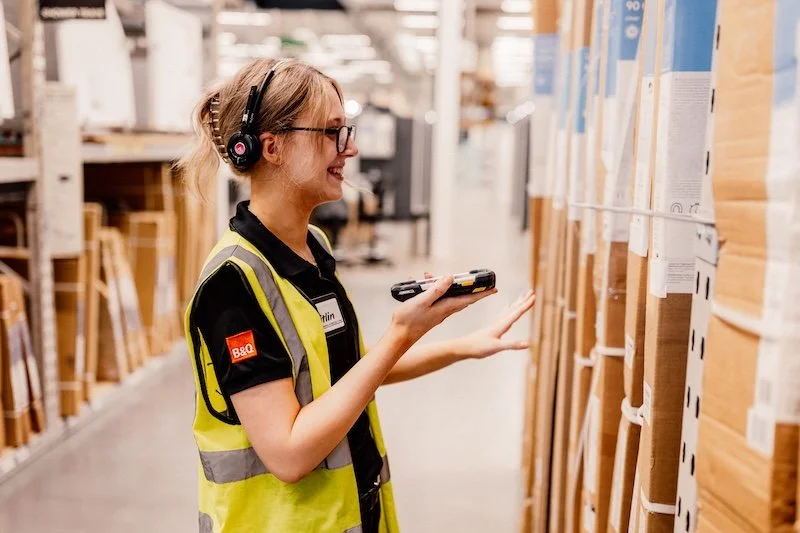
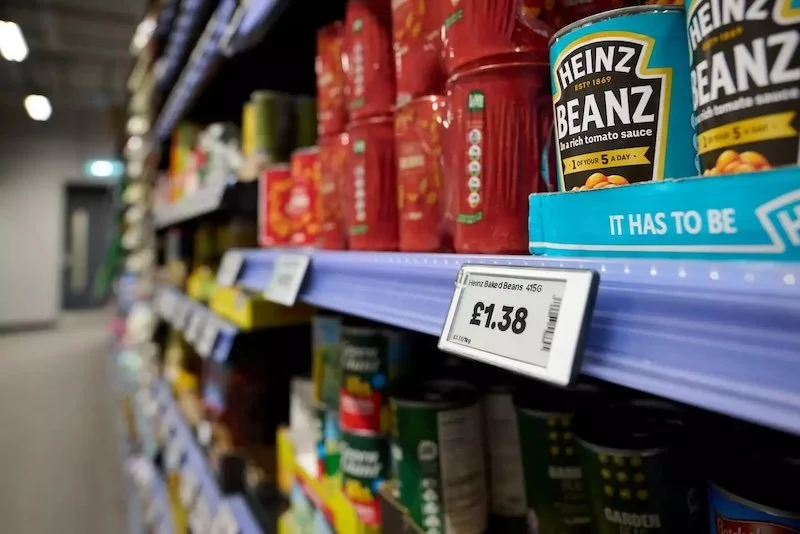
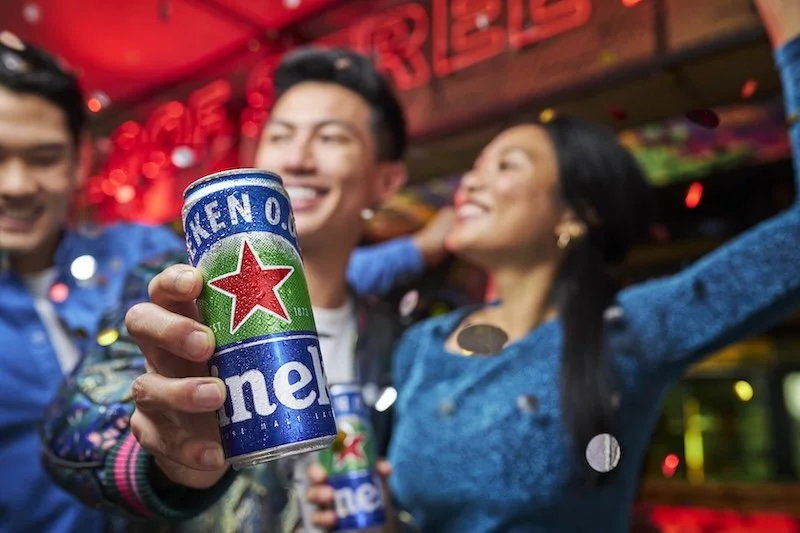

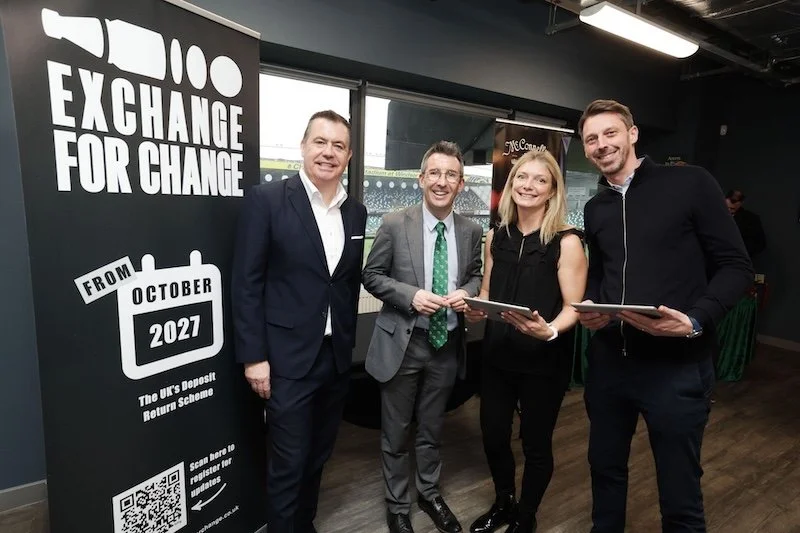
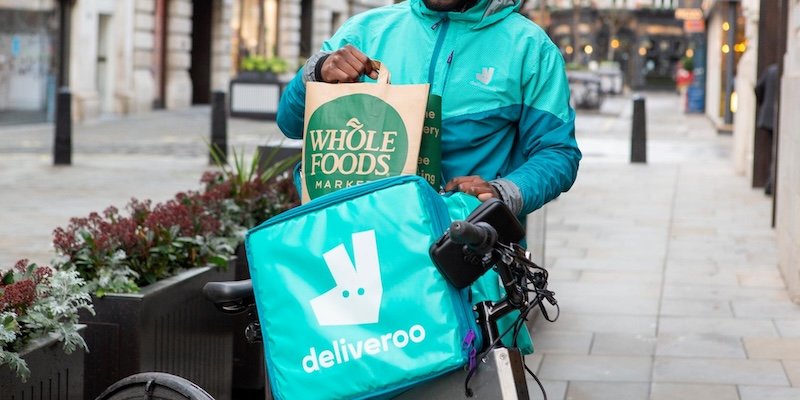

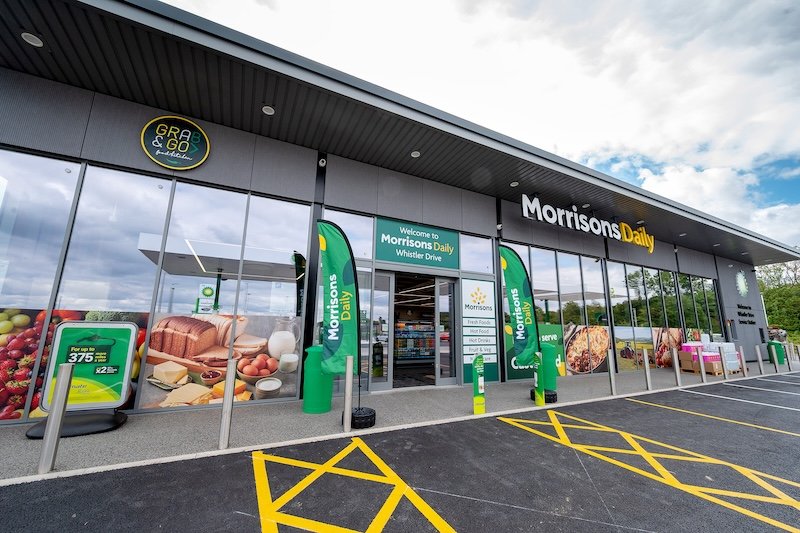
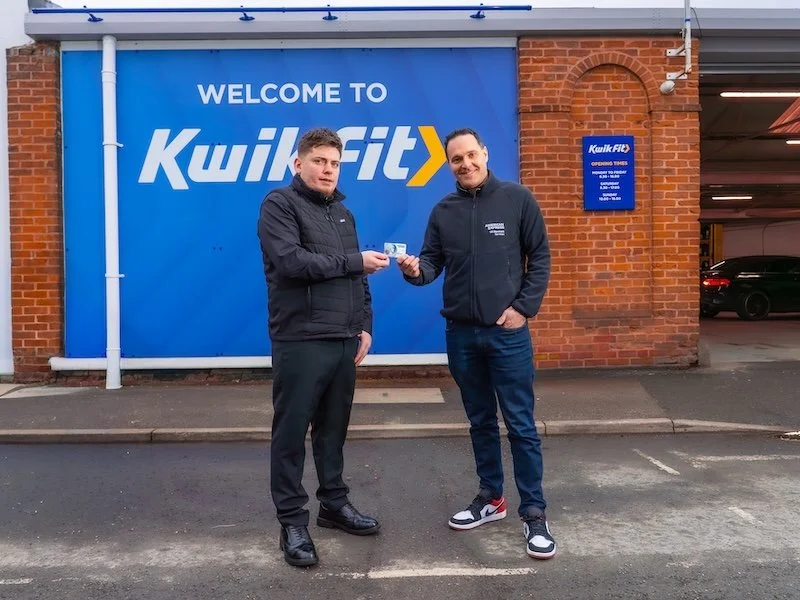


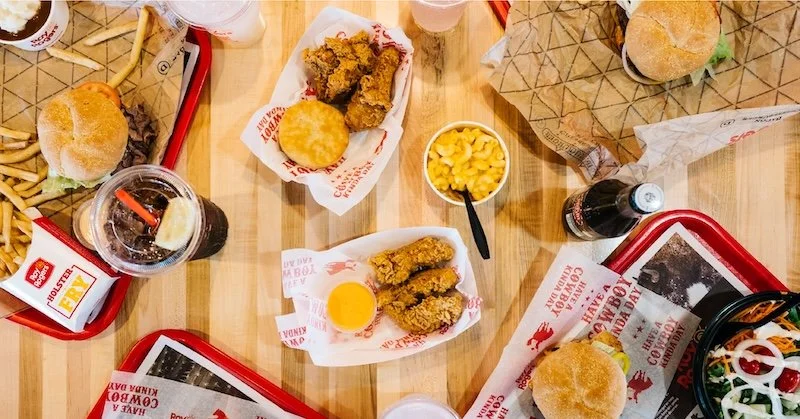

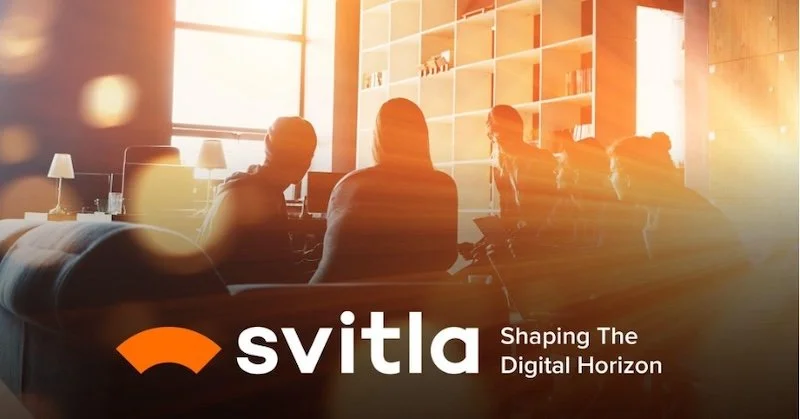
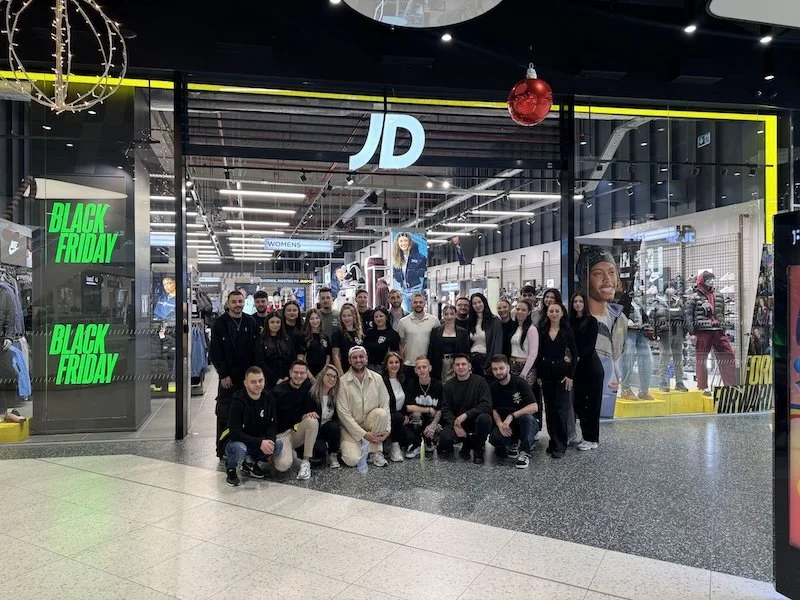
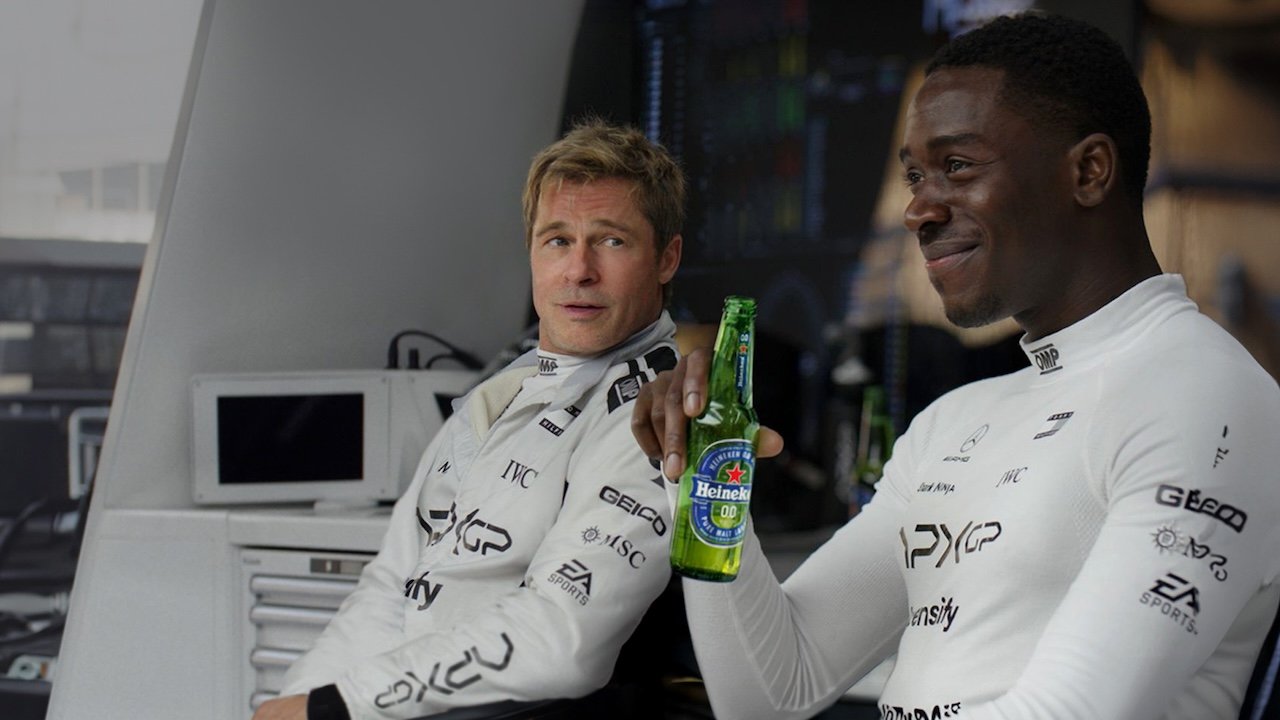


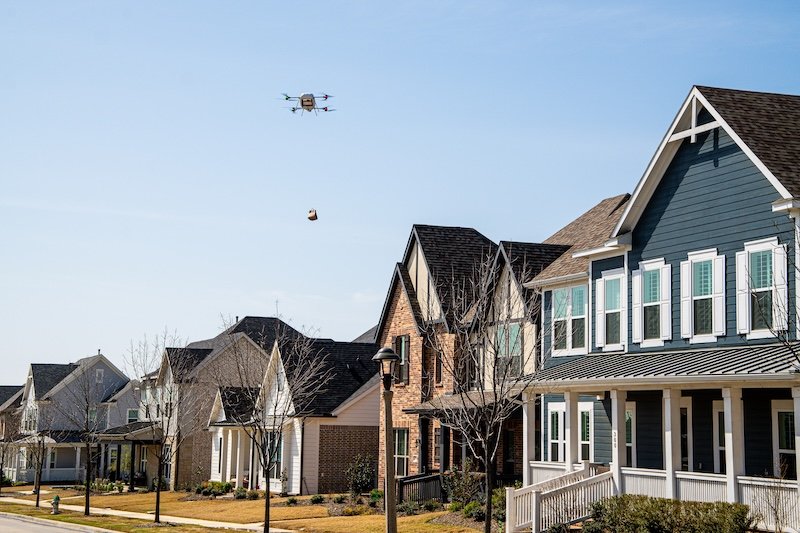

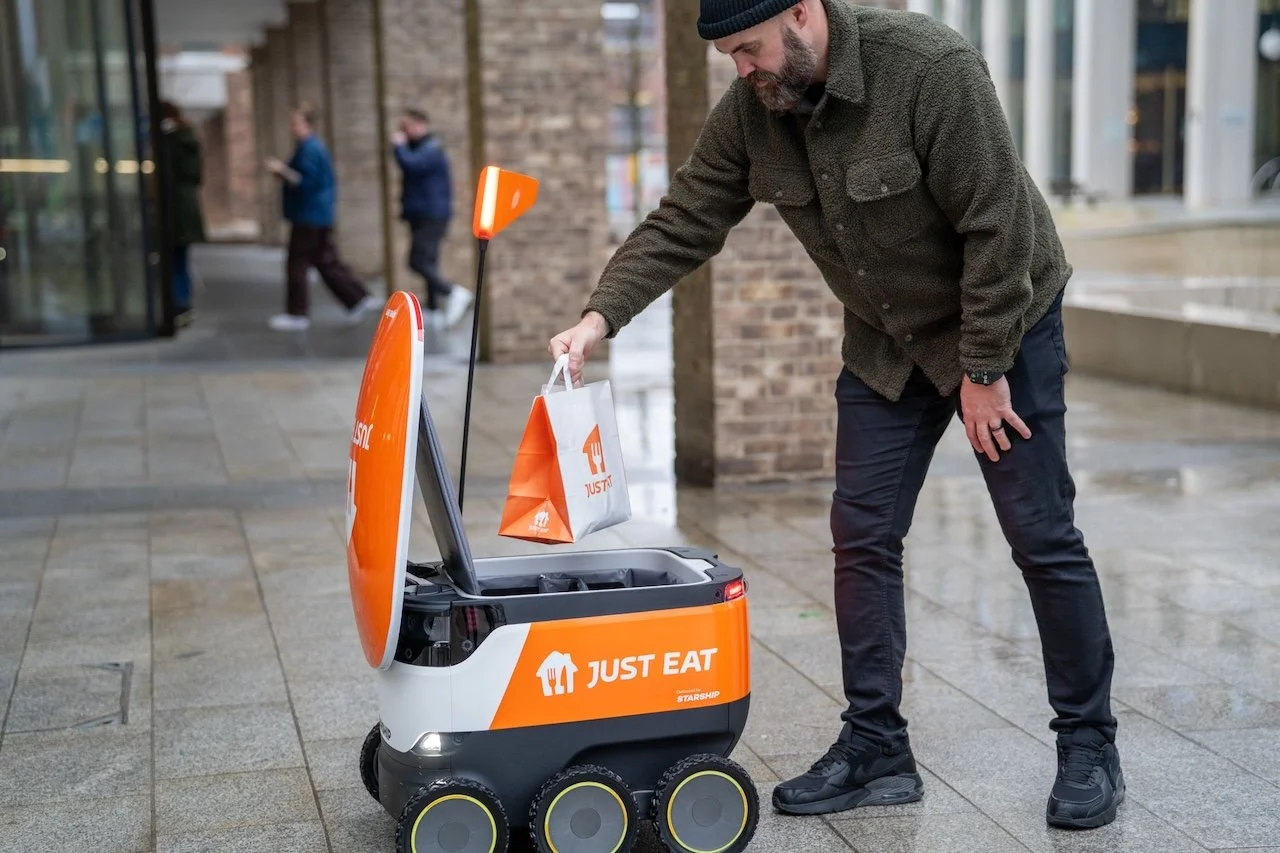
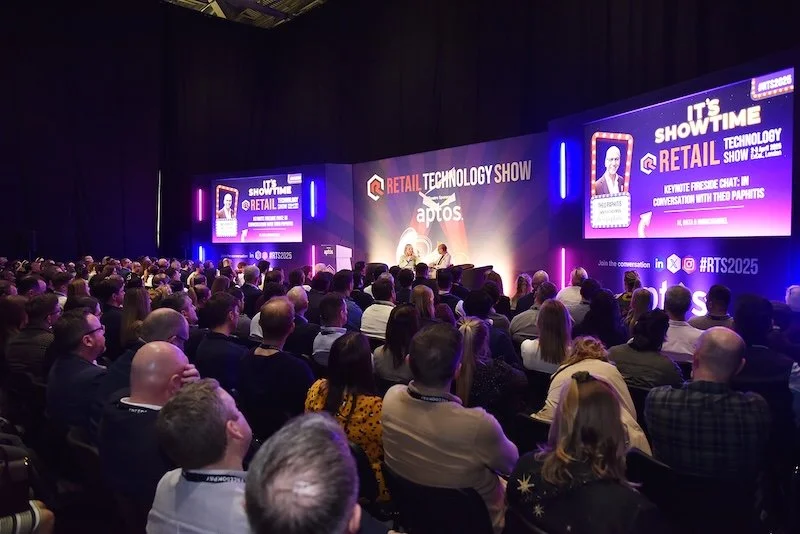
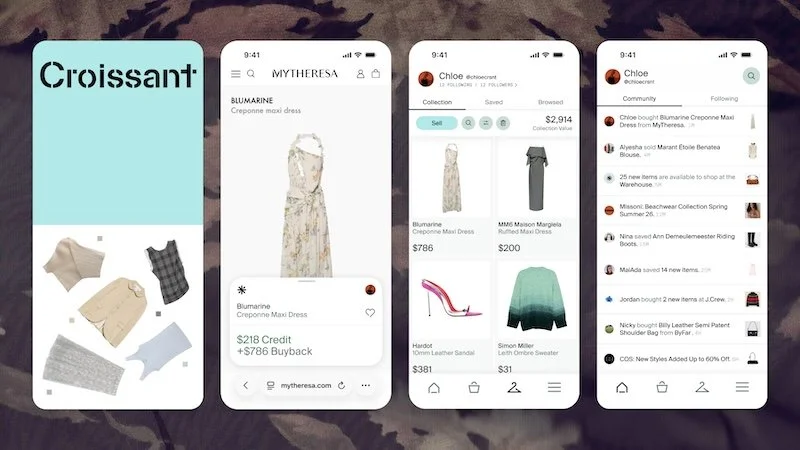


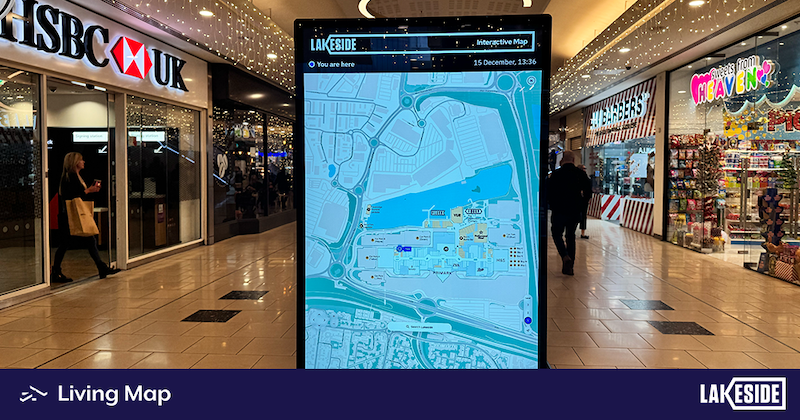
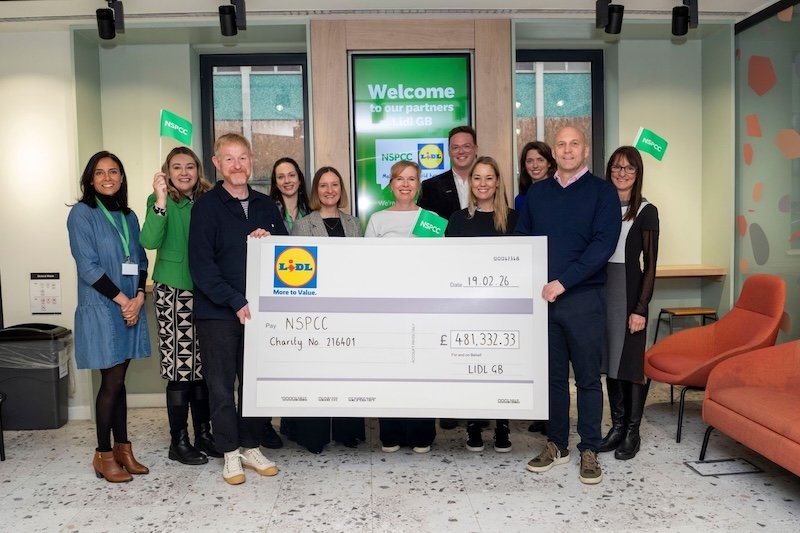
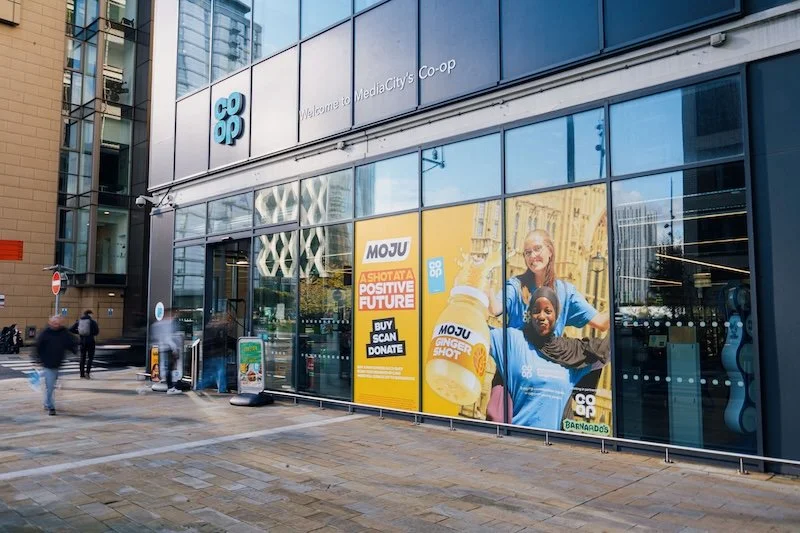
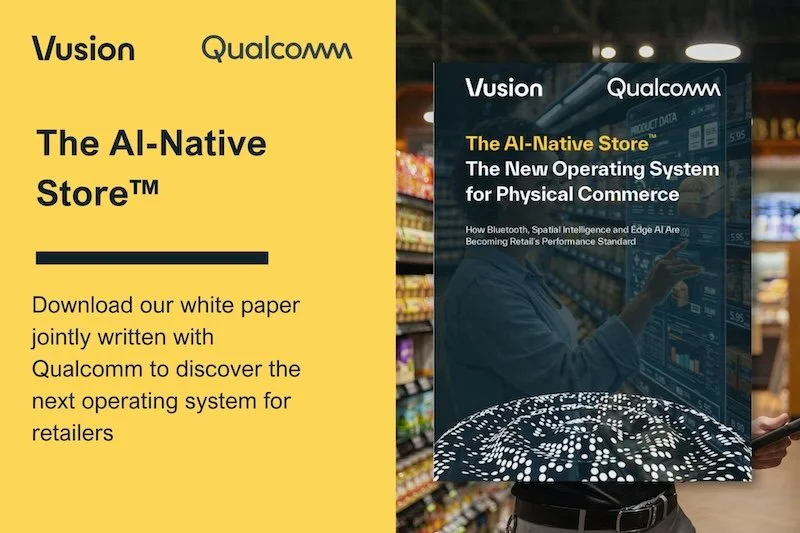
Continue reading…